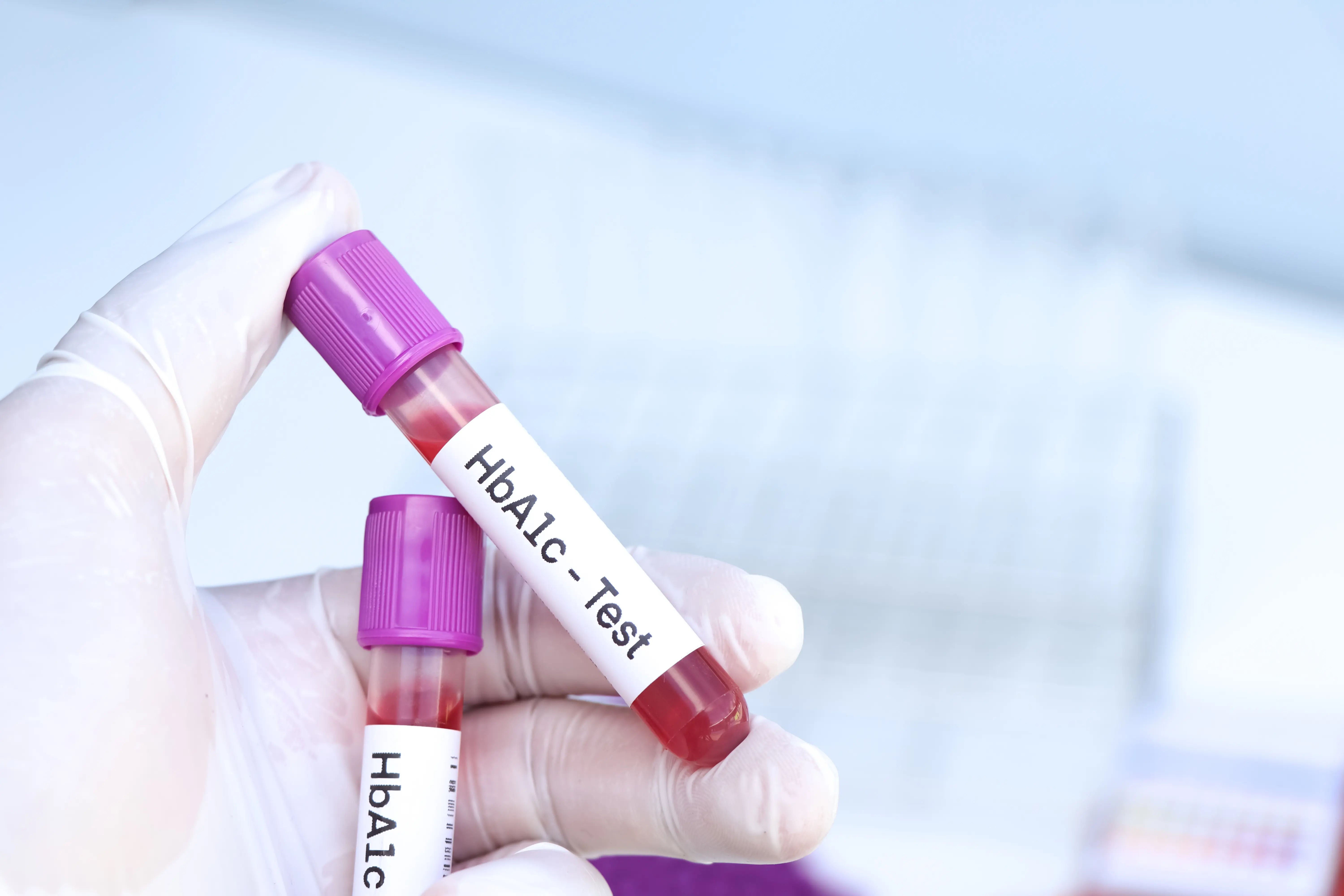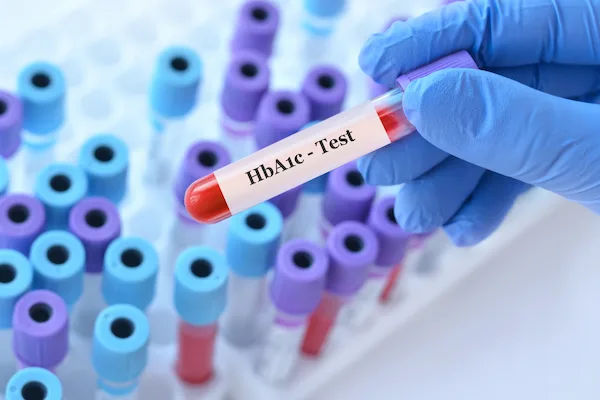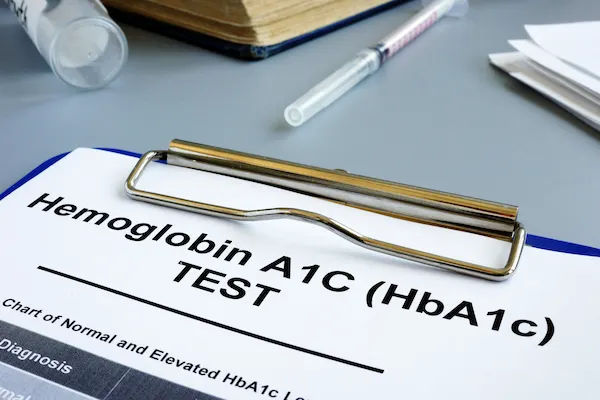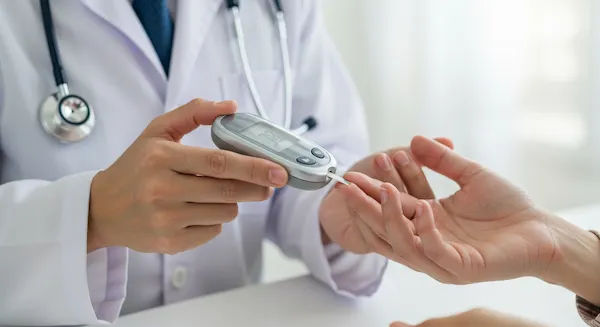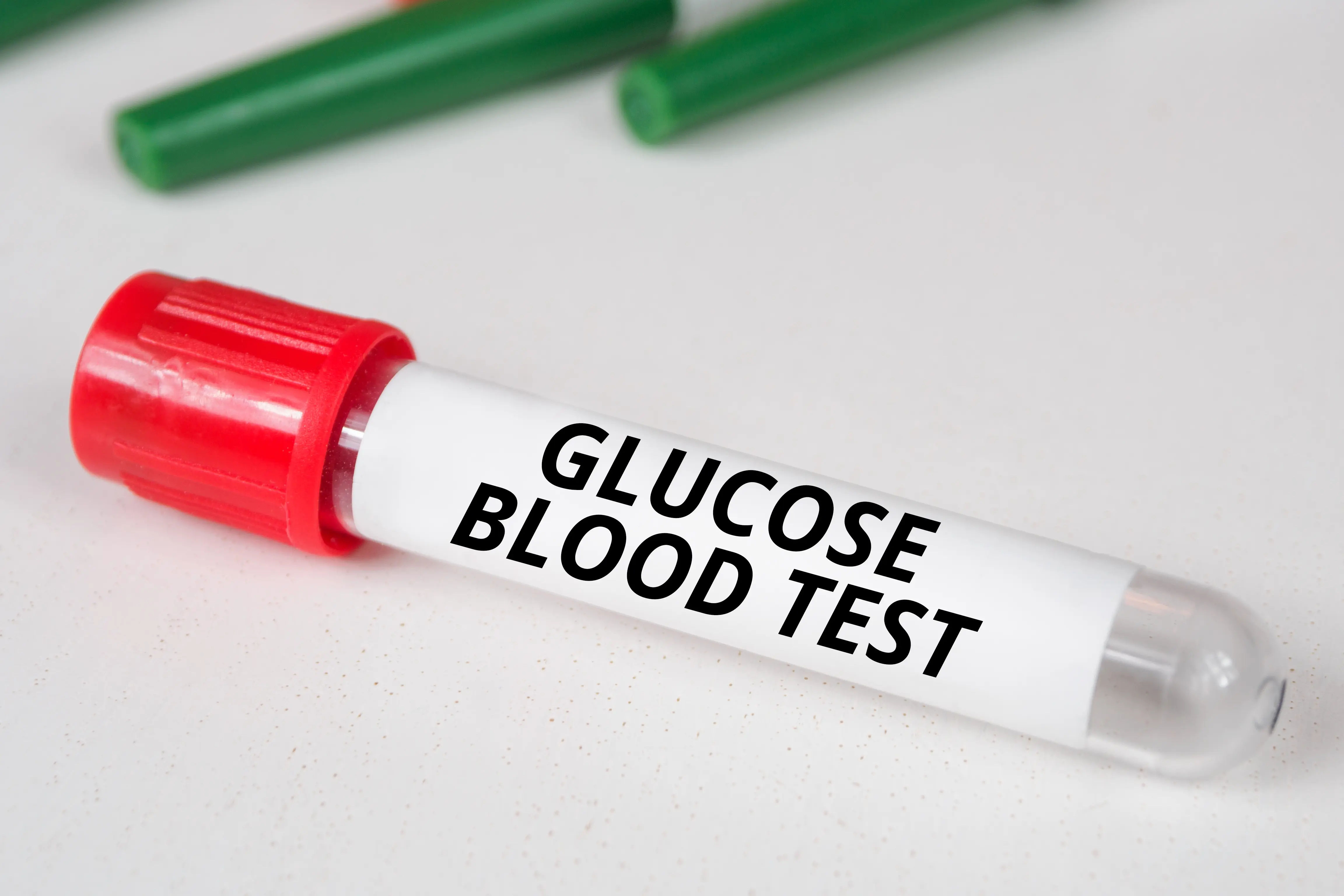Fasting Blood Sugar for Senior Women: Managing Mornings With Diabetes
For senior women with diabetes, managing morning blood sugar is key to a healthy day. Discover the importance of the fasting blood sugar test and get practical tips for a better morning routine.

Written by Dr. Rohinipriyanka Pondugula
Reviewed by Dr. Md Yusuf Shareef MBBS
Last updated on 7th Aug, 2025

For senior women, managing health can involve navigating various conditions, and diabetes is a common one. If you or an elderly woman in your life lives with diabetes, or is at risk, you'll know that morning blood sugar levels are often a key focus. These readings, taken before you've had anything to eat or drink, provide a crucial snapshot of how your body is managing glucose overnight.
Understanding your fasting sugar test for seniors is more than just a number; it's about how your body controls blood sugar while you sleep and how that impacts your energy and well-being throughout the day. This article will focus on how morning blood sugar levels affect daily diabetes management in older women, offering insights into effective blood sugar control elderly individuals can achieve for a healthier life.
What is Fasting Blood Sugar?
A fasting blood sugar test measures the amount of glucose (sugar) in your blood after you haven't eaten or drunk anything (except plain water) for a specific period, usually 8 to 12 hours. This period is called 'fasting'.
Why is it measured?
- Diagnosing Diabetes and Pre-diabetes: It's a primary test used to check if blood sugar levels are consistently higher than they should be, indicating diabetes or pre-diabetes (a stage where blood sugar is high but not yet at diabetes levels).
- Monitoring Diabetes Management: For those already diagnosed, it helps doctors understand how well current treatments, diet, and lifestyle are controlling blood sugar overnight.
- Assessing Overnight Control: It shows how your body's insulin production and sensitivity are working during sleep, without the immediate influence of food.
Why Morning Blood Sugar Matters for Senior Women
For senior women, managing morning blood sugar levels is particularly important for effective diabetes care. As we age, our bodies can process sugar differently, and hormonal changes, especially after menopause, can influence blood sugar control. A stable morning blood sugar level sets the tone for the entire day, affecting energy, mood, and overall well-being.
High morning blood sugar can lead to:
- Increased Fatigue: Waking up with high sugar levels can leave you feeling tired and sluggish, making it harder to engage in daily activities.
- Difficulty Concentrating: High blood sugar can affect cognitive function, leading to 'brain fog' or trouble focusing.
- Impact on Daily Routine: If morning readings are consistently high, it might mean adjusting medication or meal plans, which can disrupt established routines.
- Long-Term Health Risks: Persistently high fasting blood sugar contributes to the long-term complications of diabetes, such as nerve damage, kidney problems, and heart disease.
Common Challenges in Managing Morning Blood Sugar for Senior Women
Managing morning blood sugar can be especially challenging for senior women due to several factors that cause blood sugar levels to rise overnight, even without eating:
- The Dawn Phenomenon: This natural early morning rise in blood sugar occurs between 2 AM and 8 AM. It happens because the body releases hormones like cortisol, growth hormone, and adrenaline to prepare you for waking up. These hormones can reduce insulin sensitivity, causing blood sugar to increase. This is a common issue for many people with diabetes, including older women.
- The Somogyi Effect (Rebound Hyperglycemia): Less common than the dawn phenomenon, this happens when blood sugar drops too low during the night—often due to excess insulin, medication, or not enough food before bed. In response, the body releases hormones that raise blood sugar, leading to high morning levels.
- Medication Timing and Dosage: The type, amount, and timing of diabetes medications, such as insulin or oral drugs, taken the night before can greatly affect morning blood sugar. If medication wears off early or the dose is too low, blood sugar may rise overnight.
- Evening Meals and Snacks: Eating large or carbohydrate-heavy meals close to bedtime can cause blood sugar to spike by morning.
- Sleep Quality: Poor or disrupted sleep can affect hormone balance, including those that regulate blood sugar, potentially leading to higher morning readings.
- Stress and Illness: Emotional stress or minor illnesses trigger the release of stress hormones, which can temporarily raise blood sugar levels.
- Identifying which of these factors might be at play is crucial for effective management, and this often involves careful monitoring and discussion with your doctor.
Key Tests for Fasting Blood Sugar and Overall Control
To get a clear picture of your blood sugar control, especially your morning levels, several tests are commonly used. These tests are vital for a comprehensive fasting sugar test for seniors.
Fasting Blood Sugar (FBS) Test:
- What it is: This is the most direct test to measure your blood sugar after an overnight fast (8-12 hours).
- What it reveals: It shows your baseline blood sugar level before food influences it. A fasting blood sugar level of less than 100 mg/dL (5.6 mmol/L) is considered normal. Levels between 100-125 mg/dL (5.6-6.9 mmol/L) suggest pre-diabetes, and 126 mg/dL (7.0 mmol/L) or higher on two separate tests typically indicates diabetes.
Book Fasting Blood Sugar (FBS) Test
- Post-Prandial Blood Sugar (PPBS) Test:
- What it is: Measures blood sugar levels usually two hours after you've eaten a meal.
- What it reveals: It shows how your body handles sugar after food. For most healthy individuals, a 2-hour post-meal blood sugar should be less than 140 mg/dL (7.8 mmol/L).
Book Post-Prandial Blood Sugar (PPBS) Test
- HbA1c Test (Glycated Haemoglobin Test):
- What it is: This test gives an average of your blood sugar levels over the past 2 to 3 months. It does not require fasting.
- What it reveals: The HbA1c provides a long-term view of your blood sugar control. A normal HbA1c is below 5.7% (39 mmol/mol). Levels between 5.7% and 6.4% (39-46 mmol/mol) indicate pre-diabetes, and 6.5% (48 mmol/mol) or higher suggests diabetes. For most people with diabetes, the target HbA1c is often below 7% (53 mmol/mol), but this can vary based on individual health.
- Your doctor will use a combination of these tests, along with your symptoms and medical history, to make an accurate diagnosis and tailor your diabetes management plan.
Where Senior Women Can Get Reliable Glucose Testing?
For senior women managing diabetes, keeping track of fasting blood sugar levels is key to controlling morning glucose and overall health. Apollo 24|7 offers convenient and trustworthy glucose testing services designed to support the needs of elderly patients.
Apollo 24|7 provides essential tests such as:
- Fasting Blood Sugar (FBS) Test: Measures blood sugar levels after fasting, providing a baseline reading.
Book Fasting Blood Sugar (FBS) Test
- Post-Prandial Blood Sugar (PPBS) Test: Measures blood sugar levels after a meal, helpful for monitoring how the body processes glucose.
Book Post-Prandial Blood Sugar (PPBS) Test
- HbA1c Test: Gives an average blood sugar level over the past 2-3 months and usually does not require fasting.
Along with individual tests, Apollo 24|7 also offers comprehensive health packages that include glucose screening as part of a full health check-up for seniors. With easy online booking and home sample collection options, Apollo 24|7 makes it simple and comfortable for senior women to stay on top of their blood sugar control.
Get Your Health Assessed Here
Conclusion
For senior women with diabetes or at risk of it, checking your blood sugar after fasting overnight is very important. The fasting sugar test for seniors helps you and your doctor see how well your body is controlling blood sugar first thing in the morning. By regularly monitoring your levels, following your diet and medication plan, and paying attention to things like early morning blood sugar rises, you can better manage your diabetes.
By working closely with your doctor, you can achieve better blood sugar control elderly individuals need to maintain energy, clarity, and overall health. Reliable testing with partners like Apollo 24|7 and ongoing care empower you to take control of your health and enjoy mornings with greater energy and confidence.

